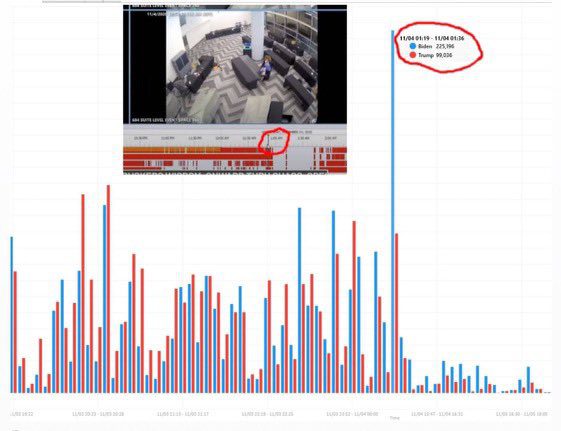Commuters may want high-speed rail but at what price? It seems the price is $3 billion, as reported by the Washington Post. The U.S. Department of Transportation has committed this amount for Brightline West, a private intercity passenger railroad, to aid in the construction of a $12 billion high-speed railway between Las Vegas and Southern California.
In addition to the $3 billion allocated for Brightline West, another $3 billion will go to the California High-Speed Rail Authority. This funding will support the ongoing construction of a 500-mile train connecting Los Angeles and San Francisco.
The $3 billion infusion of federal money for the Brightline project is nearly unprecedented for a private venture, according to the Post. The plan is for the trains to travel 218 miles between Las Vegas and suburban Los Angeles at a speed of 186 mph by 2028. The remaining three-quarters of the project’s cost will be covered by capital and tax-free debt, also known as private activity bonds.
Brightline West had previously received a $25 million federal grant in June for the design and construction of two stations in California. The company, which is the only private intercity passenger railroad in the U.S., aims to transport travelers along the median of the interstate between Las Vegas and Rancho Cucamonga in 2 hours and 10 minutes. Proponents of the high-speed rail argue that it will reduce road congestion by removing approximately 3 million vehicles, create 35,000 jobs, and boost tourism between Nevada and California.
Despite these ambitious plans, Brightline has not disclosed the cost for traveling on their private trains. The company’s website states that ticket pricing will be determined closer to the start of operations, but expects it to be priced similarly to the cost of gas and parking. Brightline is targeting the completion of construction and the opening of the rail line to coincide with the 2028 Olympics in Los Angeles.
However, the question remains: why should taxpayers foot the bill for a private train company to the tune of $3 billion? This has sparked debate and controversy, with some labeling it as the “Waste of the Day” and raising concerns about the use of public funds for a private enterprise.
This article was originally published by RealClearInvestigations and made available via RealClearWire.




